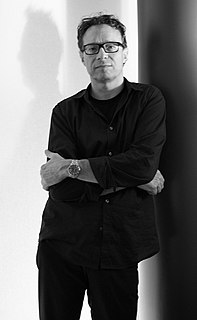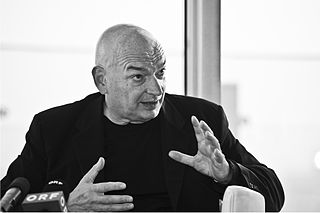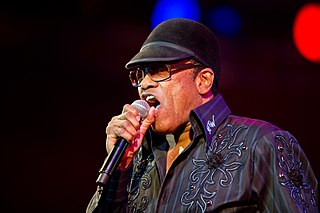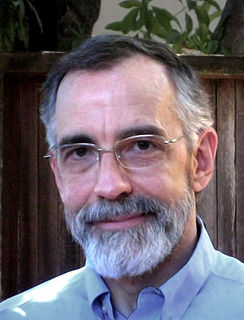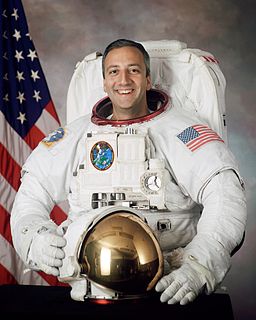A Quote by Robert Wilson
My work has always dealt with a kind of space that allows one to daydream.
Related Quotes
'Daydream' brought us to the top of the heap of the indie-college market and recognition by all of our peers; 'Daydream' kind of capped off everything we set out to do when we started as a band, in terms of, like, wow, wouldn't it be great to make a record that a lot of people liked and listened to?
We are always in the space in-between... all the spaces where you are not actually at home. You haven't arrived yet.... This is where our mind is the most open. We are alert, we are sensitive, and destiny can happen. We do not have any barriers and we are vulnerable. Vulnerability is important. It means we are completely alive and this is an extremely important space. This is for me the space from which my work generates.



